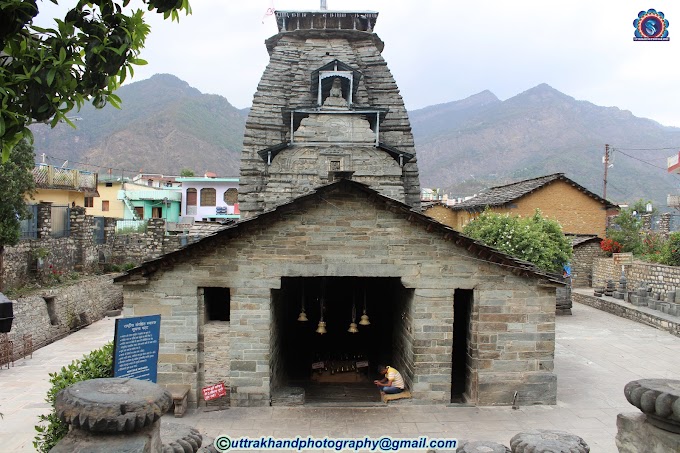
What is Article 105 of Indian constitution ?
Article 105 of the Indian Constitution defines the powers, privileges, and immunities of the Members of Parliament (MPs) and the Houses of Parliament (Lok Sabha and Rajya Sabha).
📜 Simplified Explanation of Article 105
🔹 Clause (1): Freedom of Speech in Parliament
Every MP shall have freedom of speech in Parliament.
However, this freedom is subject to the rules and standing orders of Parliament and cannot be challenged in a court of law for what is said inside Parliament.
🔹 Clause (2): No Legal Liability for Parliamentary Actions
No MP shall be liable in court for:
-
Anything said or voted in Parliament or any of its committees, or
-
Publication of official parliamentary reports or proceedings.
🔹 Clause (3): Powers and Privileges
MPs and both Houses of Parliament shall enjoy powers and privileges as defined by:
-
Parliament by law, or
-
Until then, they enjoy the same privileges as the British House of Commons (as per the original text).
🔹 Clause (4): Privileges of Officers
The presiding officers (like Speaker, Chairman, etc.) also enjoy the same privileges and immunities as MPs.
✅ Key Points of Article 105
| Clause | Provision | Meaning |
|---|---|---|
| (1) | Freedom of speech in Parliament | MPs can speak freely without fear of legal action |
| (2) | No legal liability | MPs cannot be sued or prosecuted for anything said or voted in the House |
| (3) | Privileges of MPs | As defined by Parliament, or based on British practices |
| (4) | Privileges of Officers | Speaker, Chairman, Deputy Speaker, etc. enjoy same protection |
🧾 Example
-
If an MP makes a strong or controversial statement inside Parliament, they cannot be taken to court for defamation.
-
However, they must follow Parliamentary rules (e.g., no hate speech, no disorderly conduct).
-
Parliamentary reporters can publish official proceedings without fear of legal action.
⚖️ Limits of Privileges
-
This immunity doesn't extend outside Parliament.
-
If an MP says something defamatory outside the House, they can be sued.
-
Parliament has the power to punish MPs for breach of privilege (like leaking committee details, misconduct, etc.).
📌 Summary of Article 105
| Feature | Description |
|---|---|
| Freedom of speech in House | ✅ Yes (but limited by House rules) |
| Legal protection for statements | ✅ Yes, cannot be prosecuted for anything said/voted in Parliament |
| Privileges | Defined by Parliament or inherited from British Parliament |
| Officers covered | Speaker, Chairman, etc. enjoy same protections as MPs |

.jpg)








.JPG)











Follow Us